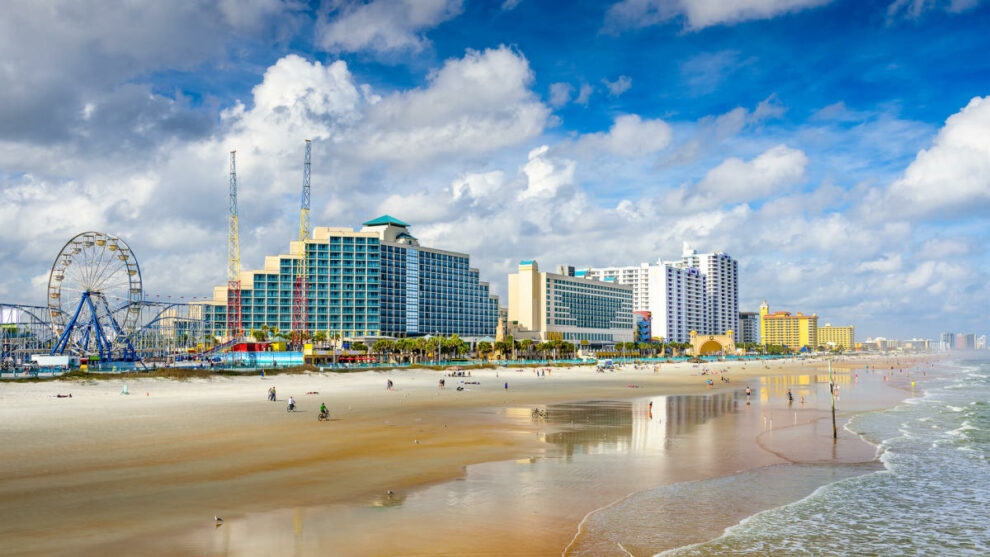Passengers stranded in Barbados by Tui after an aircraft was hit by a vehicle were told they could not claim more than €180 (£153) per household for accommodation, meals and additional travel.
For a family of four, the figure works out at less than £40 per person for an overnight stay and all meals on one of the most expensive islands in the Caribbean.
Stranded travellers were notified of the limit after their flight home to London Gatwick on Thursday evening was cancelled. The Boeing 787 jet was being prepared for departure when a ground service vehicle struck the plane.
Passengers spent about five hours aboard the stricken aircraft. Initially they were assured that hotel rooms were being sourced. But Tui found accommodation only for the aircraft crew, families with young children, and older or infirm passengers.
The remainder were faced with spending the night trying to sleep on chairs at Barbados airport, or finding hotels themselves.
Tui sent stranded passengers a message reading: “If you manage to find suitable accommodation, we’ll reimburse up to €180 per household to help cover any extra travel, meal, or accommodation costs you may incur.”
One passenger, Toni Agland, successfully found somewhere to stay. She tweeted: “After checking in at the hotel we received an email stating Tui would reimburse €180 per household for accommodation, food and transport!
“Had anyone from Tui tried to book a hotel in Barbados for €180? Communication has been exceptionally poor and the helpline was useless.”
In a later message to stranded customers, Tui increased the allowance to £180, or £45 each for a family of four.
On Friday, the cheapest hotel room for two was £135 at the two-star Pirate’s Inn near the island’s capital, Bridgetown. A taxi to and from the hotel would add the equivalent of at least £50, breaking the second limit imposed by Tui – even before any meals were taken.
Under UK air passengers’ rights rules, airlines that cancel flights are required to provide accommodation, meals and transport as required. Civil Aviation Authority (CAA) guidance says: “The airline must provide you with these items until it is able to fly you to your destination, no matter how long the delay lasts or what has caused it.”
But in many cases the carrier cancelling the flight hands over the task to stranded passengers.
The CAA guidance is: “Sometimes airlines are unable to arrange care and assistance for all passengers. This can happen when staff are stretched during major disruptions.
“If this happens, in our view you have the right to organise reasonable care and assistance yourself, then claim the cost back later. If you end up paying for things yourself, keep every receipt and do not spend more than is reasonable.“
The airline is allowed to “provide guidance on reasonable costs”, according to the CAA. But it cannot stipulate the maximum reimbursement, as Tui did – twice.
After the holiday company was contacted by The Independent, Tui said there was no longer any cap.
A spokesperson for the CAA said: “Caps on welfare, expenses and self-re-routing costs could leave consumers out of pocket or deprive them of their entitlements.
“We’re pleased that Tui has amended an error in its system and apologised to consumers for any confusion caused.”
In the financial year ending in September 2023, Tui reported profits of almost €1 billion.
Source: The Independent









